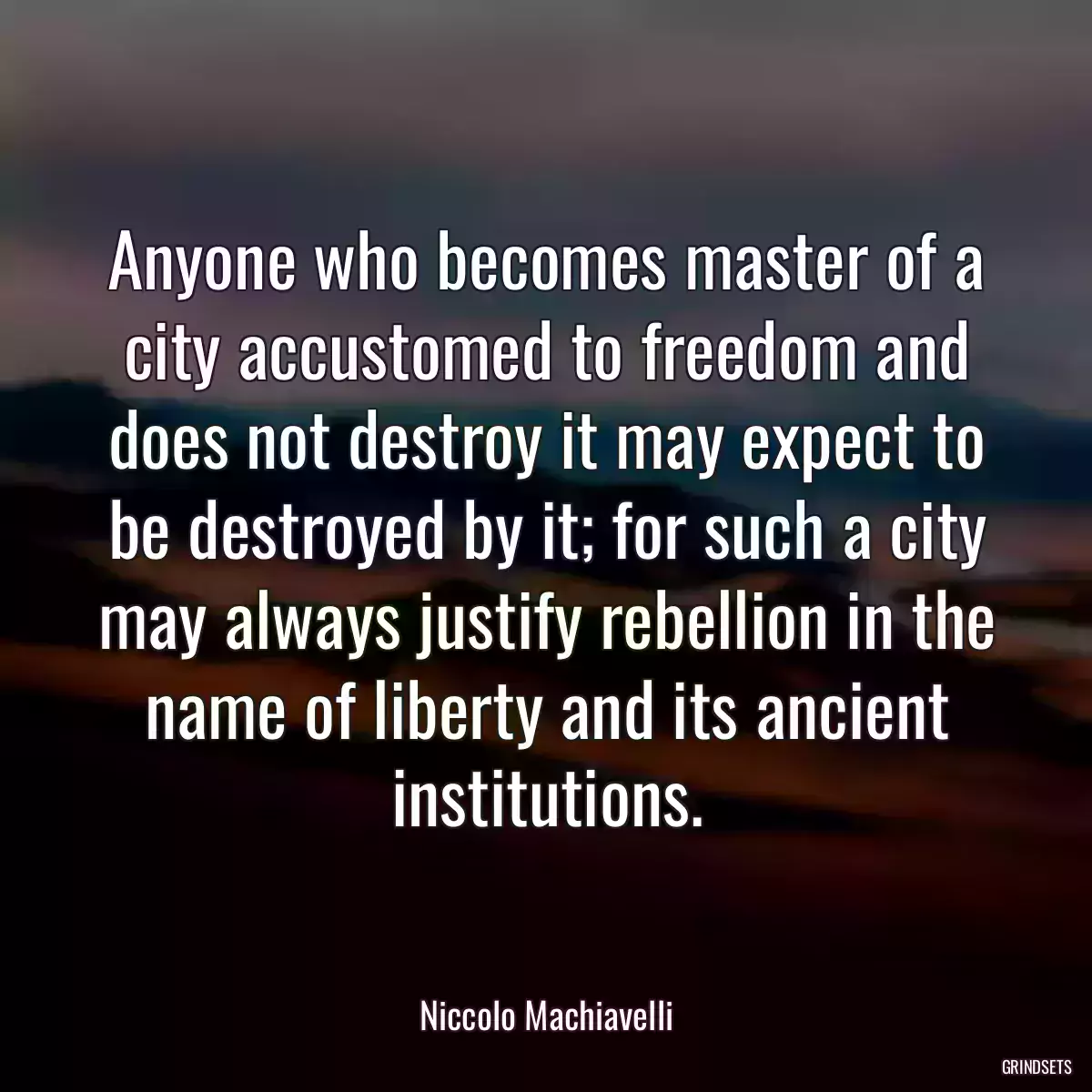
How laudable it is for a prince to keep good faith and live with integrity, and not with astuteness, every one knows. Still the experience of our times shows those princes to have done great things who have had little regard for good faith, and have been able by astuteness to confuse men's brains, and who have ultimately overcome those who have made loyalty their foundation.

